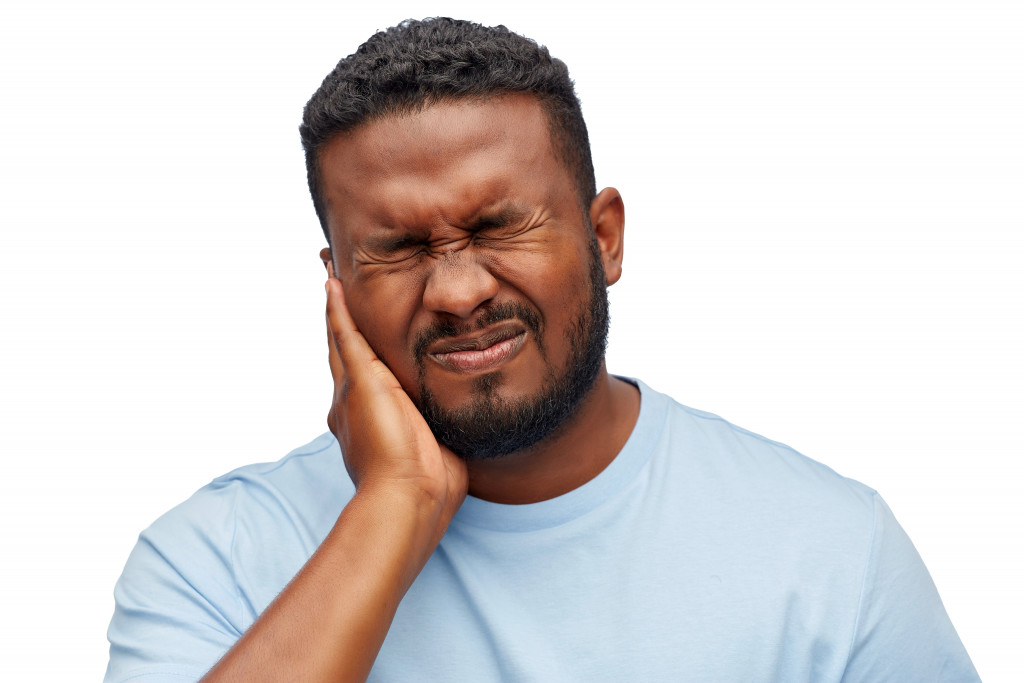Tooth decay has been the worst enemy of teeth since time immemorial. Most people know that. Children have been taught since they were young to avoid eating too many sweet foods because it will “rot their teeth.” This is why sugary foods have always been associated with dental problems.
Tooth decay is caused by bacteria in the mouth that thrive on sugar. When you eat sugary foods, the bacteria produce acids that attack and break down your tooth enamel. This can lead to cavities and other dental problems.
And while that fact has become a staple in oral care, people often forget that other activities can damage their teeth apart from eating sugary foods. Here are five of them:
1. Not brushing your teeth regularly
One of the most important things you can do for your teeth is to brush them regularly. Brushing helps to remove plaque and bacteria from the surface of your teeth, which can lead to cavities and gum disease.
Additionally, brushing helps to keep your teeth looking shiny and white. However, if you don’t brush regularly, the plaque and bacteria can build up on your teeth, causing them to become yellow and stained.
Aside from that, plaque can harden into tartar, which is much more difficult to remove. Tartar can also cause gum irritation, inflammation, and bad breath. So make sure to brush your teeth at least twice a day — your smile will thank you.

2. Eating acidic foods
While it’s well-known that sugary foods can damage your teeth, you may not be aware that acidic foods can also cause tooth decay. Acidic Foods and drinks can soften tooth enamel, making it more susceptible to cavities. Examples of acidic foods are citrus fruits, tomatoes, and soda.
The acids in these foods can also break down the tooth’s outer layer, exposing the inner layers to bacteria. Limiting your intake of acidic foods and drinks is important to protect your teeth. You can also rinse it with water after eating or drinking acidic foods to help remove the acids from your teeth.
3. Smoking cigarettes or using other tobacco products
Smoking cigarettes or using other tobacco products can damage your teeth and gums. The nicotine in tobacco can cause staining and discoloration, while the tar and smoke can lead to gum disease and tooth decay.
In addition, tobacco use can also cause bad breath and increase your risk of oral cancer. If you’re looking to quit smoking, several resources are available to help you. Meanwhile, your trusted dental clinic can provide care and advice to help reduce the damage caused by smoking. They can also help you treat dental damages to preserve your oral health.
Quitting tobacco is essential for maintaining good oral health, so don’t hesitate to seek help if you’re ready to quit. Not only will this help you with your oral health but also your overall health and well-being.
4. Grinding your teeth or bruxism
Teeth grinding or bruxism is a common condition affecting many people. Though often considered a harmless habit, bruxism can lead to many serious oral health problems, such as enamel wear, gum recession, and jaw pain.
Many factors can contribute to teeth grinding. One of the most common is stress. When feeling anxious or under pressure, you may unconsciously clench your teeth or grind them back and forth. This can often happen at night during sleep. Other potential causes include misaligned teeth, an abnormal bite, gum disease, and certain medications. In some cases, bruxism may be caused by an underlying medical condition.
If you think you may be grinding your teeth, you must see your dentist for an evaluation. They will be able to diagnose the condition and develop a treatment plan to help protect your teeth and reduce symptoms. Sometimes, a simple mouth guard worn at night may be all that is needed. For more severe cases, however, more intensive treatments may be necessary.
5. Chewing on hard objects
Chewing on hard objects can damage your teeth. Your teeth are made of tough outer enamel, but that is no match for the hardness of ice, hard candies, or jawbreakers.
When you chew on hard objects, you put stress on your teeth which can cause cracks and chips. These cracks and chips allow bacteria to get inside your tooth, leading to decay. In addition, chewing on hard objects can cause TMJ disorders and other problems with your jaw.
So next time you reach for that ice cube or pencil, think twice about putting your teeth at risk. Chewing sugarless gum is a much better way to satisfy your need to chew.
These are just some activities that can damage your teeth. While sugary foods are still a major cause of dental problems, it’s important to remember that other things can also harm your teeth. So be sure to take care of your teeth and avoid things that can damage them.

